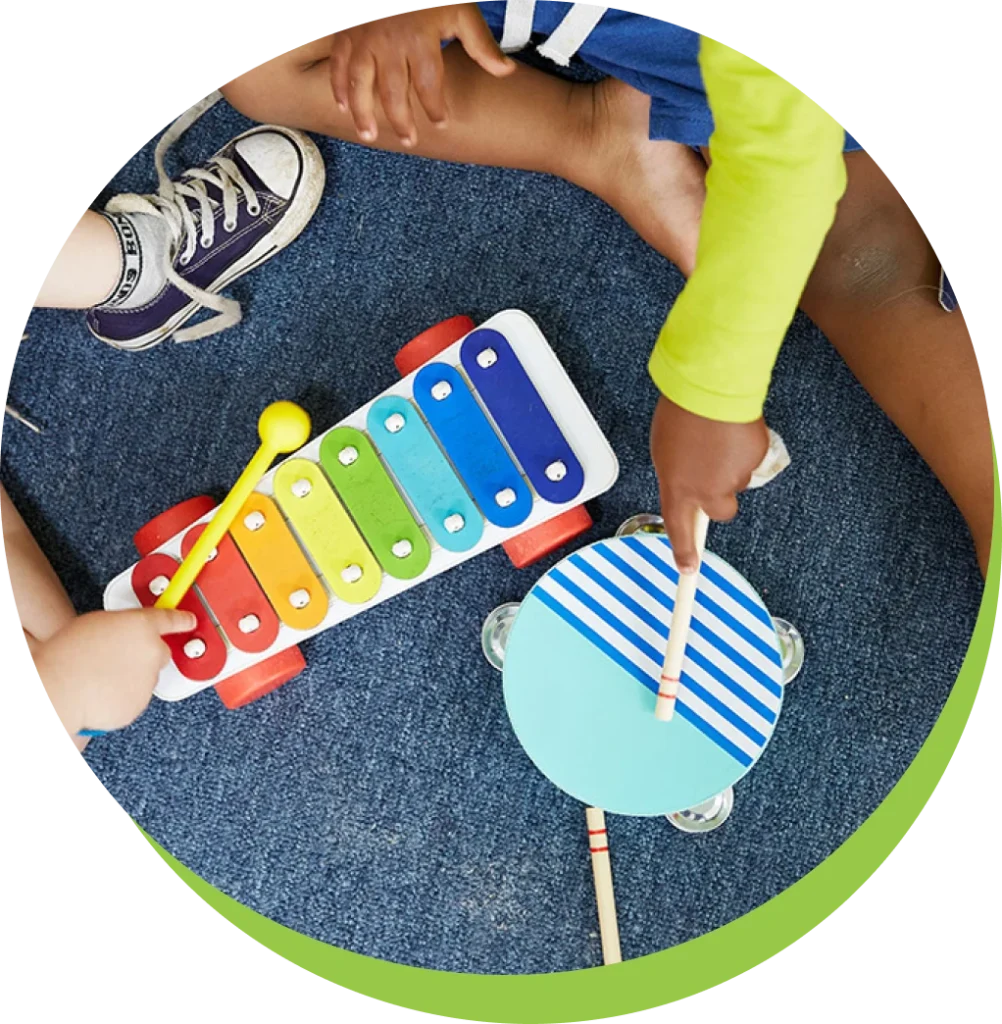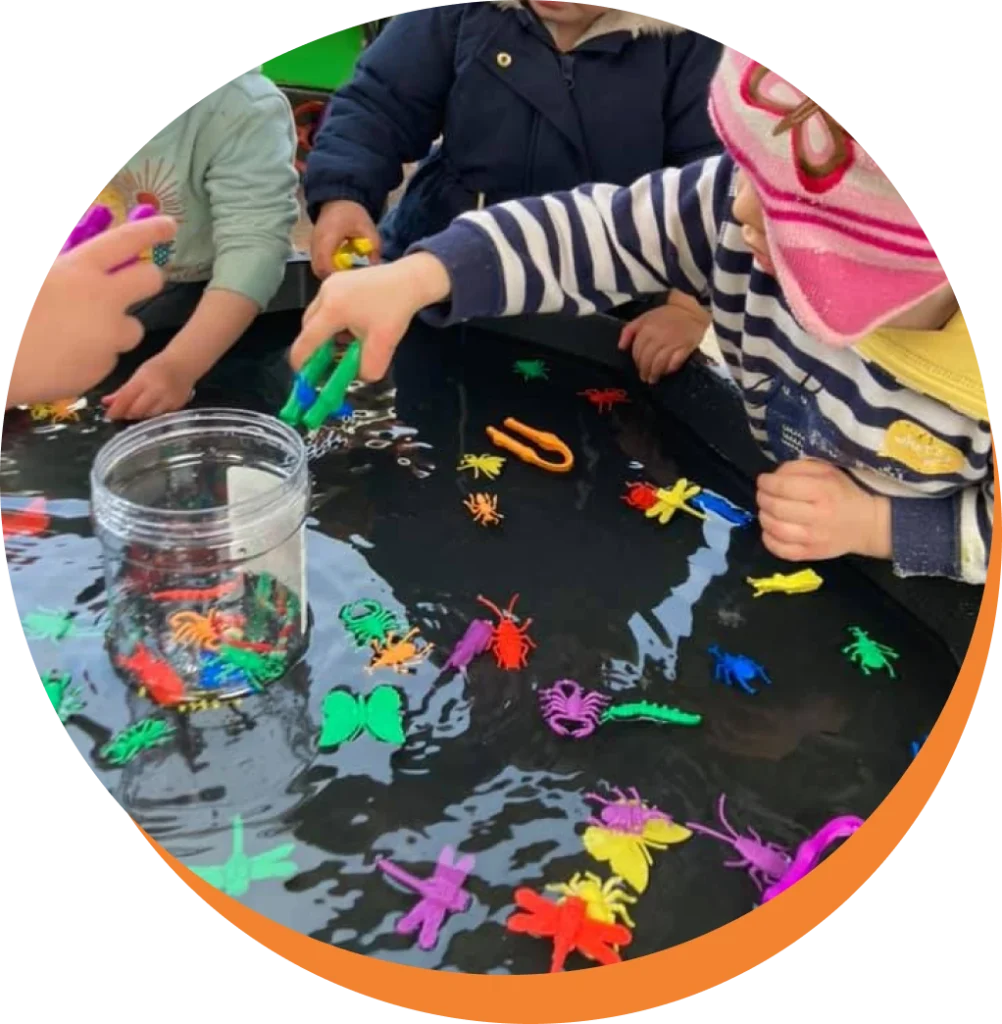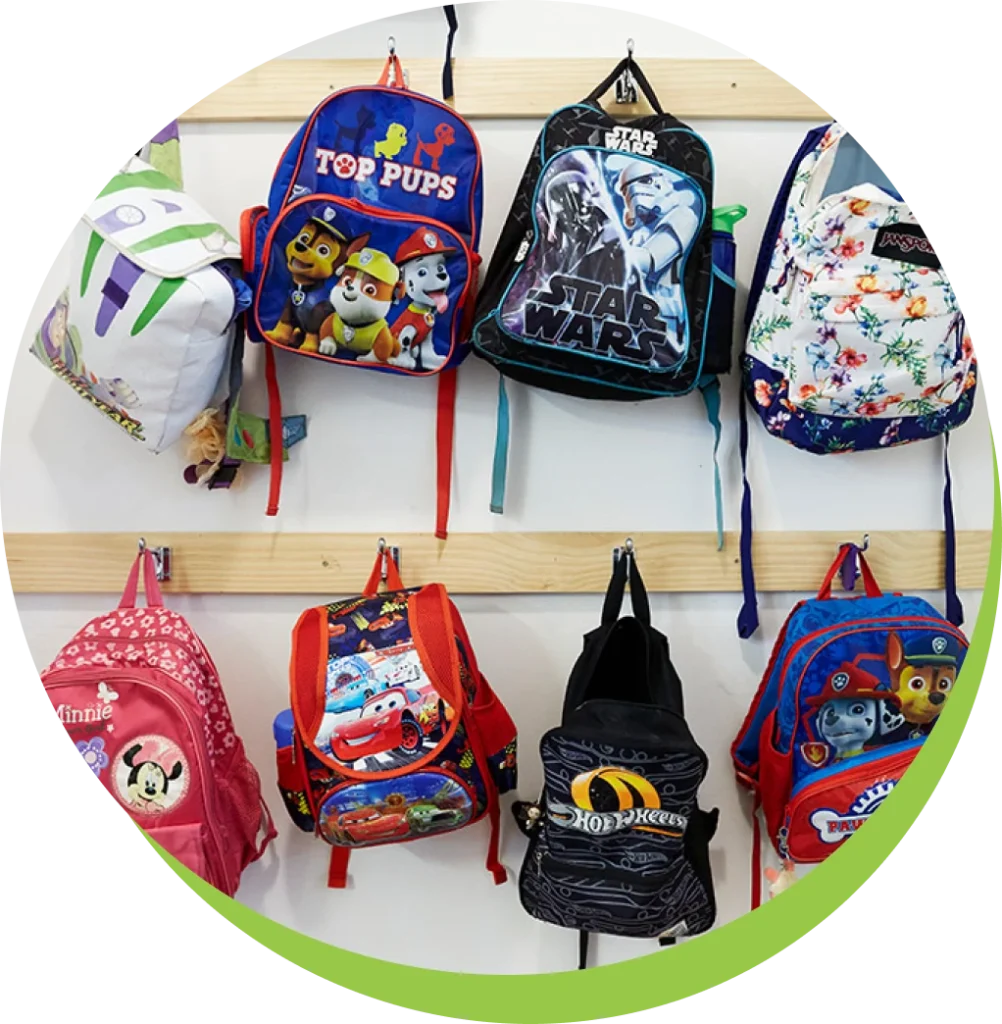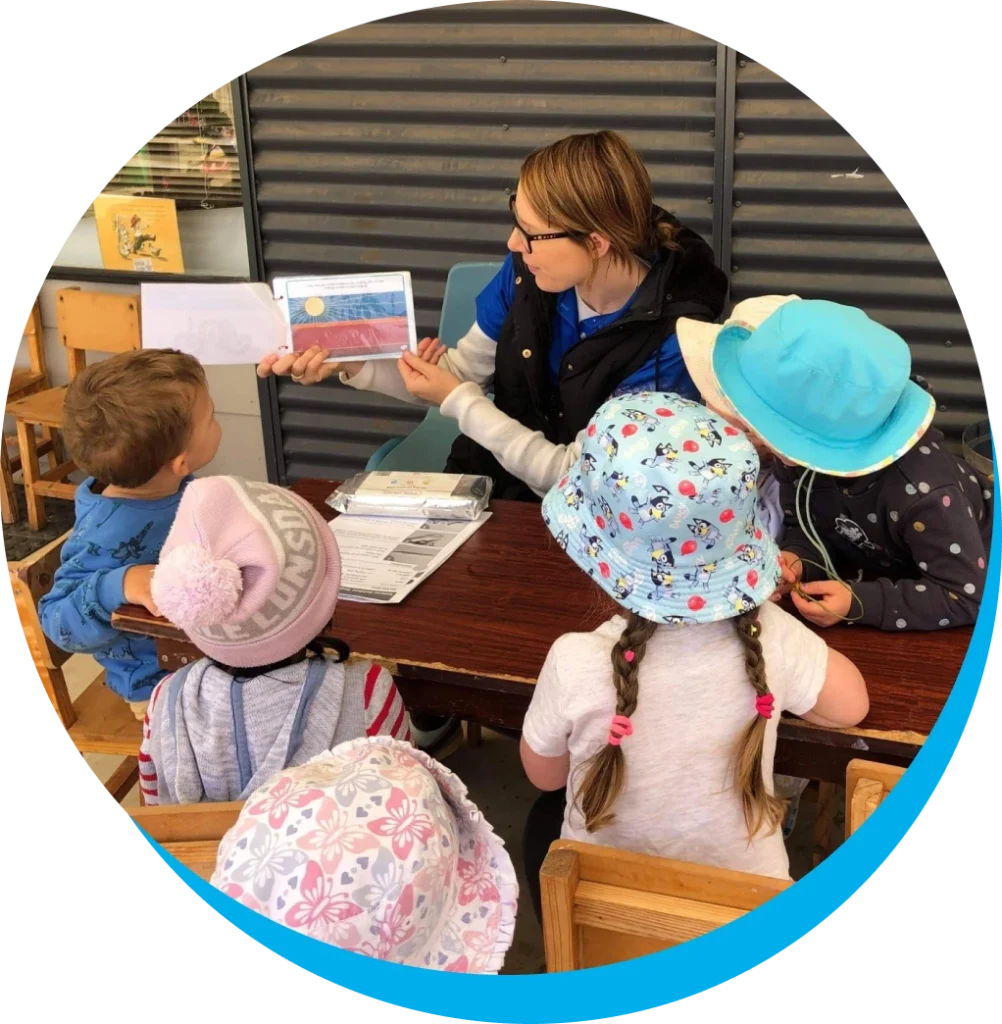Our Philosophy
REED believes that every child has the right to access high quality early childhood education and care, no matter where they live.
Regional Early Education & Development Inc. (REED) has early childhood education and care services located throughout regional and remote Western Australia and aims to provide high quality education and care to children in our services.
We recognise the importance of families and communities, building respectful partnerships based on integrity and care. We understand that it takes a village to raise a child.
Each service is shaped by the needs of its community while staying true to our core values. As a child-safe organisation, we follow the Education and Care National Law WA Act (2012) and the Child Care Services Act (2007), implementing the Early Years Learning Framework and School Aged Care principles.
We acknowledge the Traditional Custodians of the lands where we operate.


In relation to children, REED
REED fosters safe, secure relationships that support their growth and wellbeing.
Recognises children as capable individuals, valuing their diversity and rights. Our approach nurtures lifelong learners, ensuring their voices are heard and respected.
Have safety as our priority, maintaining the United Nations Rights of the Child and National Child Safe principles, creating a culture of protection and advocacy.
Supports them in building confidence, self-awareness, & emotional well-being.
In relation to families and communities, REED
REED values families as a child’s first and most influential educators. We work in partnership with families, sharing knowledge and fostering active engagement.
Support family wellbeing, recognising the impact of community, resources, and social connections. Strong local partnerships enhance our services for children, families, and educators.
Promote smooth transitions in learning, challenge stereotypes, and cultivate respect for Aboriginal and Torres Strait Islander cultures. Our commitment to sustainability empowers children to care for the environment and their future.


In relation to Educators, REED
REED upholds the ECA Code of Ethics, promoting professional standards that guide practice, interactions, and relationships.
Provides opportunities for professional growth and value diversity in our team. Our workplaces foster strength-based approaches, collaboration, and open dialogue to support healthy team development.
In relation to service programs and curriculum, REED
In relation to service programs and curriculum, REED
Follows the Early Years Learning Framework and the Framework for School Age Care to guide a play-based curriculum that supports children’s learning and development.
Provides child-centred, child-led programs that nurture individual growth while reflecting each child’s unique culture and community. Our curriculum fosters active citizenship, integrating intentional planning with children’s natural interests.
Recognises the value of nature play, risky play, and open-ended learning, drawing on best practices from leading educational theorists.
- We acknowledge children learn through play and the importance of play based learning as children construct their own knowledge (Froebel).
- We believe that learning is a social process and recognise the importance of providing opportunities for collaborative learning, meaningful peer grouping and scaffolded practice from educators to guide children achieve independence (Vygotsky)
- We recognise the progression of development is unique to each child and children will pass through the stages when they are ready (Piaget).
- We understand that how children learn and construct their knowledge is influenced by the people and environment that surrounds them and that holistic child development requires relationships and partnerships between children, families, educators and community (Bronfenbrenner).
- We ensure that each child’s basic needs are met to promote positive learning dispositions (Maslow’s Hierarchy of Needs).
Our service programs will be:
Flexible, engaging, and age-appropriate
Supportive of each child's health and wellbeing
Designed to foster identity, heritage, and cultural awareness
Built around celebrating child identity, heritage and the value of diversity.
Inclusion and access to early intervention
Flexible, engaging, and age-appropriate
Supportive of each child's health and wellbeing
Designed to foster identity, heritage, and cultural awareness
Built around celebrating child identity, heritage and the value of diversity.
Inclusion and access to early intervention
In relation to service environments, REED
REED embraces the Reggio Emilia approach, viewing the environment as a third teacher that fosters agency, choice, and decision-making.
Creates warm, inviting spaces with natural, uncluttered designs that support children’s wellbeing. Our environments encourage social interaction, small group play, and open-ended exploration, incorporating nature and real-world connections.
Offers spaces created in consultation with children to reflect their voices, interests, and cultural identities that are culturally safe, child-safe, and bridge the connection between home, education, and community.
Creates environments that evolve with children, supporting growth through reflection and diverse learning opportunities.

Our service programs include:
Quiet spaces that promote rest and relaxation, supporting children's emotional wellbeing.
Literacy development through role play, encouraging communication, storytelling, and social skills.
Numeracy through construction, fostering problem-solving, spatial awareness, and mathematical thinking.
Hands-on learning incorporating Science, Technology, Engineering, Arts, and Maths (STEAM), as well as nature-based exploration, small-world play, and physical movement to support holistic development.
Quiet spaces that promote rest and relaxation, supporting children's emotional wellbeing.
Literacy development through role play, encouraging communication, storytelling, and social skills.
Numeracy through construction, fostering problem-solving, spatial awareness, and mathematical thinking.
Hands-on learning incorporating Science, Technology, Engineering, Arts, and Maths (STEAM), as well as nature-based exploration, small-world play, and physical movement to support holistic development.
